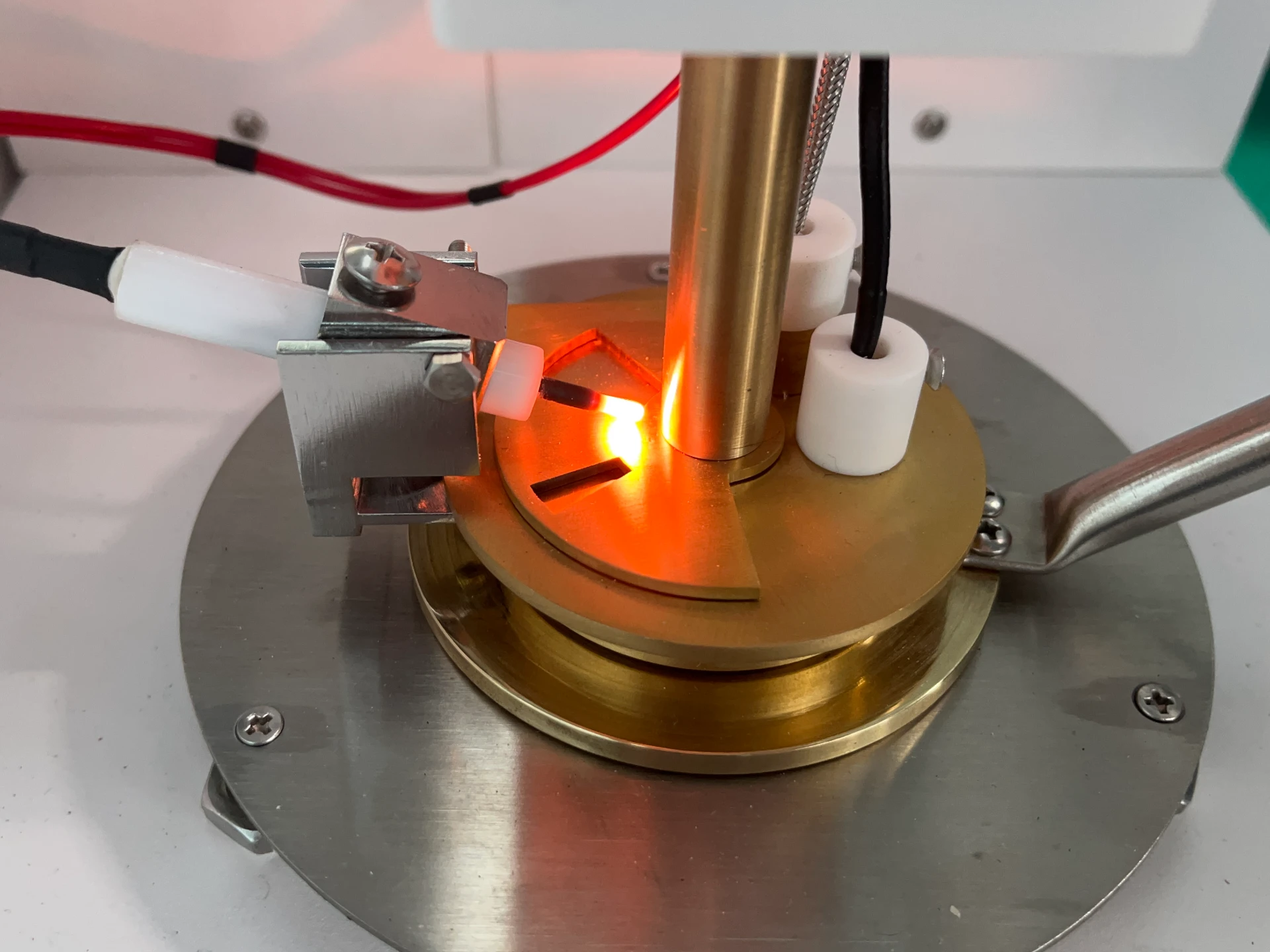 English
English



-
 Afrikaans
Afrikaans -
 Albanian
Albanian -
 Amharic
Amharic -
 Arabic
Arabic -
 Armenian
Armenian -
 Azerbaijani
Azerbaijani -
 Basque
Basque -
 Belarusian
Belarusian -
 Bengali
Bengali -
 Bosnian
Bosnian -
 Bulgarian
Bulgarian -
 Catalan
Catalan -
 Cebuano
Cebuano -
 China
China -
 China (Taiwan)
China (Taiwan) -
 Corsican
Corsican -
 Croatian
Croatian -
 Czech
Czech -
 Danish
Danish -
 Dutch
Dutch -
 English
English -
 Esperanto
Esperanto -
 Estonian
Estonian -
 Finnish
Finnish -
 French
French -
 Frisian
Frisian -
 Galician
Galician -
 Georgian
Georgian -
 German
German -
 Greek
Greek -
 Gujarati
Gujarati -
 Haitian Creole
Haitian Creole -
 hausa
hausa -
 hawaiian
hawaiian -
 Hebrew
Hebrew -
 Hindi
Hindi -
 Miao
Miao -
 Hungarian
Hungarian -
 Icelandic
Icelandic -
 igbo
igbo -
 Indonesian
Indonesian -
 irish
irish -
 Italian
Italian -
 Japanese
Japanese -
 Javanese
Javanese -
 Kannada
Kannada -
 kazakh
kazakh -
 Khmer
Khmer -
 Rwandese
Rwandese -
 Korean
Korean -
 Kurdish
Kurdish -
 Kyrgyz
Kyrgyz -
 Lao
Lao -
 Latin
Latin -
 Latvian
Latvian -
 Lithuanian
Lithuanian -
 Luxembourgish
Luxembourgish -
 Macedonian
Macedonian -
 Malgashi
Malgashi -
 Malay
Malay -
 Malayalam
Malayalam -
 Maltese
Maltese -
 Maori
Maori -
 Marathi
Marathi -
 Mongolian
Mongolian -
 Myanmar
Myanmar -
 Nepali
Nepali -
 Norwegian
Norwegian -
 Norwegian
Norwegian -
 Occitan
Occitan -
 Pashto
Pashto -
 Persian
Persian -
 Polish
Polish -
 Portuguese
Portuguese -
 Punjabi
Punjabi -
 Romanian
Romanian -
 Russian
Russian -
 Samoan
Samoan -
 Scottish Gaelic
Scottish Gaelic -
 Serbian
Serbian -
 Sesotho
Sesotho -
 Shona
Shona -
 Sindhi
Sindhi -
 Sinhala
Sinhala -
 Slovak
Slovak -
 Slovenian
Slovenian -
 Somali
Somali -
 Spanish
Spanish -
 Sundanese
Sundanese -
 Swahili
Swahili -
 Swedish
Swedish -
 Tagalog
Tagalog -
 Tajik
Tajik -
 Tamil
Tamil -
 Tatar
Tatar -
 Telugu
Telugu -
 Thai
Thai -
 Turkish
Turkish -
 Turkmen
Turkmen -
 Ukrainian
Ukrainian -
 Urdu
Urdu -
 Uighur
Uighur -
 Uzbek
Uzbek -
 Vietnamese
Vietnamese -
 Welsh
Welsh -
 Bantu
Bantu -
 Yiddish
Yiddish -
 Yoruba
Yoruba -
 Zulu
Zulu
oil tester
The Importance of Oil Testing in Modern Industries
In today’s fast-paced industrial environment, ensuring the quality and performance of lubricating oils is crucial. Oil is the lifeblood of machinery, ranging from automotive engines to heavy industrial equipment. With extended operation hours and increasing demands on machinery, the condition of lubricants can significantly affect performance, efficiency, and ultimately, the lifespan of equipment. This is where oil testing, particularly using oil testers, comes into play.
Oil testing involves analyzing lubricating oils for contaminants, degradation, and overall performance characteristics. By employing oil testers, maintenance professionals can gain invaluable insights into the current state of their oils and, by extension, their equipment. Regular oil testing helps in identifying potential issues before they escalate, allowing for proactive maintenance and reducing the likelihood of unexpected equipment failures.
One of the primary reasons for conducting oil tests is to identify contamination
. Contaminants such as dirt, water, or fuel can severely impact lubricant performance. For instance, water ingress can lead to rusting and corrosion, drastically shortening the lifespan of engine components. Employing an oil tester allows for precise measurement of water content, allowing operators to address the issue swiftly.oil tester

Moreover, oil testing can reveal the thermal and oxidative stability of lubricants. Over time, oils can break down due to high temperatures and operational stresses, leading to the formation of sludge and varnish. An oil tester can evaluate the Total Acid Number (TAN) and Total Base Number (TBN), indicators of an oil’s degradation and ability to neutralize acids. Monitoring these parameters over time helps in making informed decisions about oil change intervals and types of oils used.
In addition to contaminant detection and degradation analysis, oil testing can help assess the lubricant’s wear metal content. By analyzing wear particles, maintenance teams can identify which components are wearing prematurely. For example, a high concentration of iron might indicate wear in the engine's components, triggering a detailed inspection. This proactive approach not only enhances the reliability of the machinery but also decreases long-term maintenance costs.
Furthermore, the advent of modern oil testers has made the process more accessible and efficient. Many devices are portable and can provide real-time results, allowing for immediate decision-making in the field. This capability is particularly beneficial in industries such as aviation and heavy equipment, where downtime can be incredibly costly.
In conclusion, oil testing is an essential aspect of modern maintenance strategies in various industries. By utilizing oil testers, companies can ensure their lubricants are performing optimally, extend machinery life, and enhance overall operational efficiency. The proactive identification of potential issues saves money, minimizes downtime, and increases trust in equipment reliability. As technology continues to advance, so too will the methods and tools used for oil testing, ensuring that industries can meet ever-increasing demands while maintaining high standards of performance and safety.
-
Testing Equipment Industry Sees Major Advancements in 2025: Smart & Precision Technologies Lead the WayNewsJun.06,2025
-
Applications of Direct Current Generators in Renewable Energy SystemsNewsJun.05,2025
-
Hipot Tester Calibration and Accuracy GuidelinesNewsJun.05,2025
-
Digital Circuit Breaker Analyzer Features and BenefitsNewsJun.05,2025
-
Benefits of Real-Time Power Quality Monitoring Devices for Industrial EfficiencyNewsJun.05,2025
-
Earth Fault Loop Testing in High-Rise Building Electrical SystemsNewsJun.05,2025



